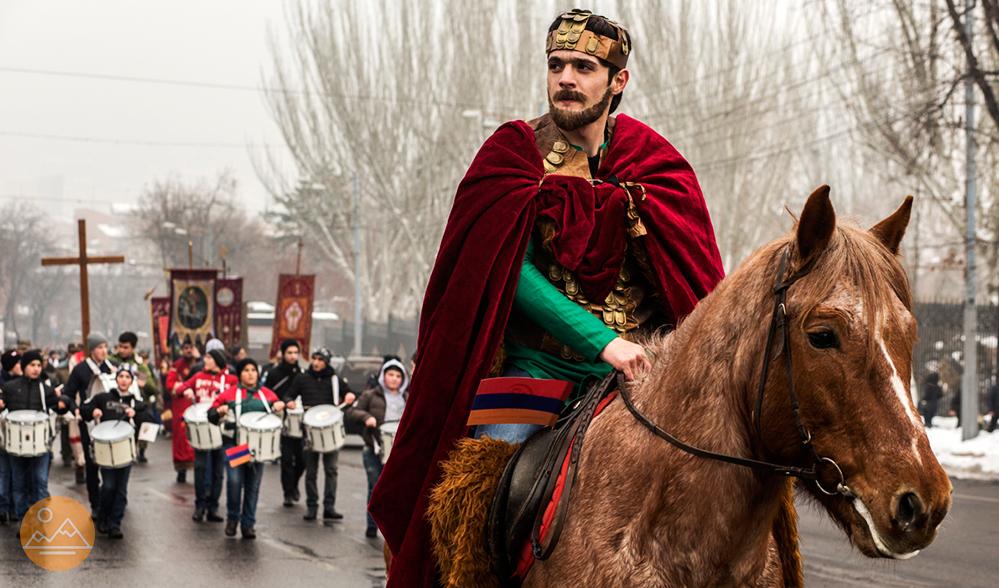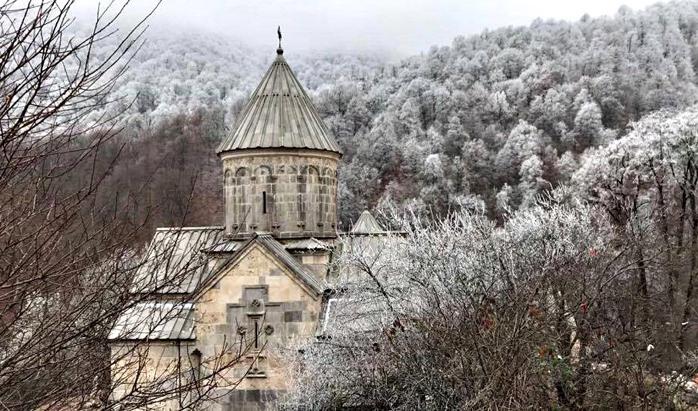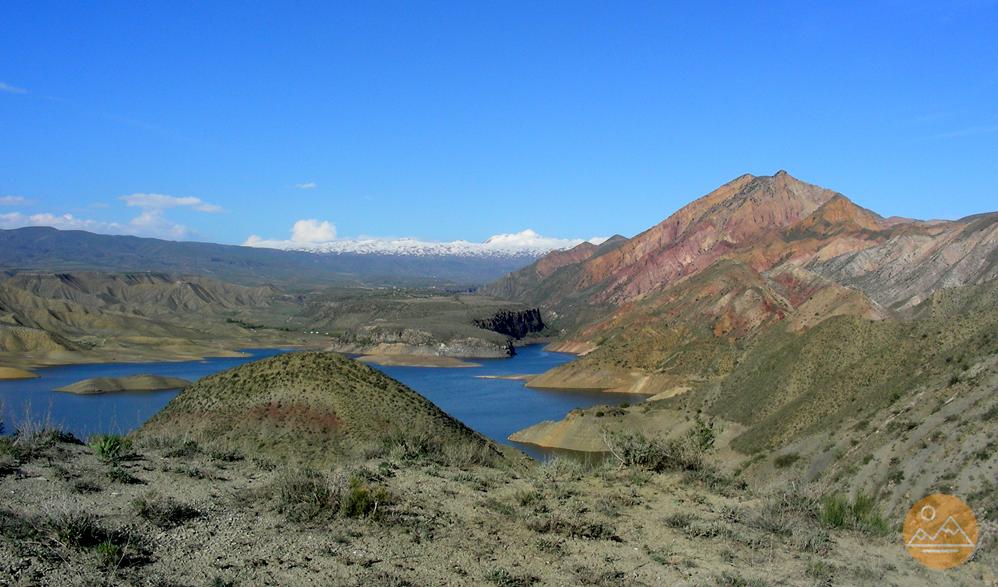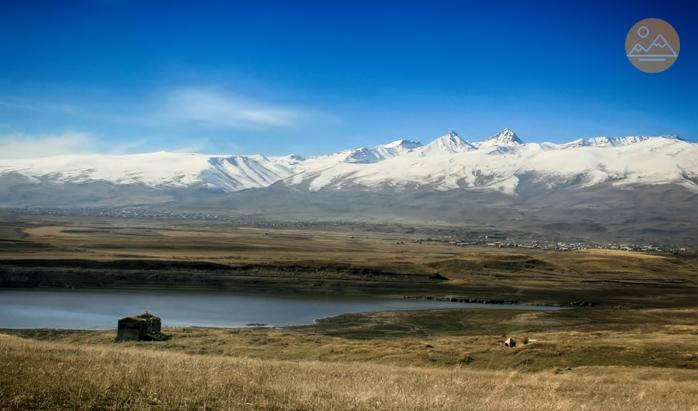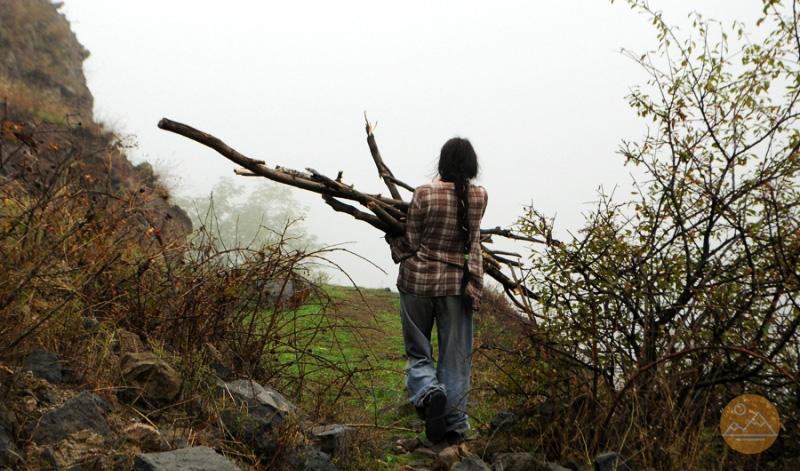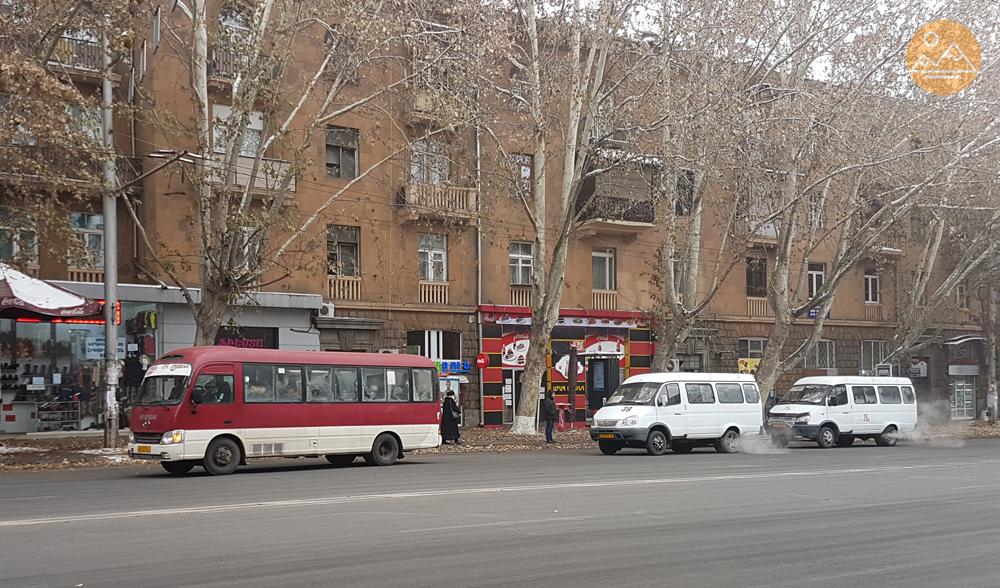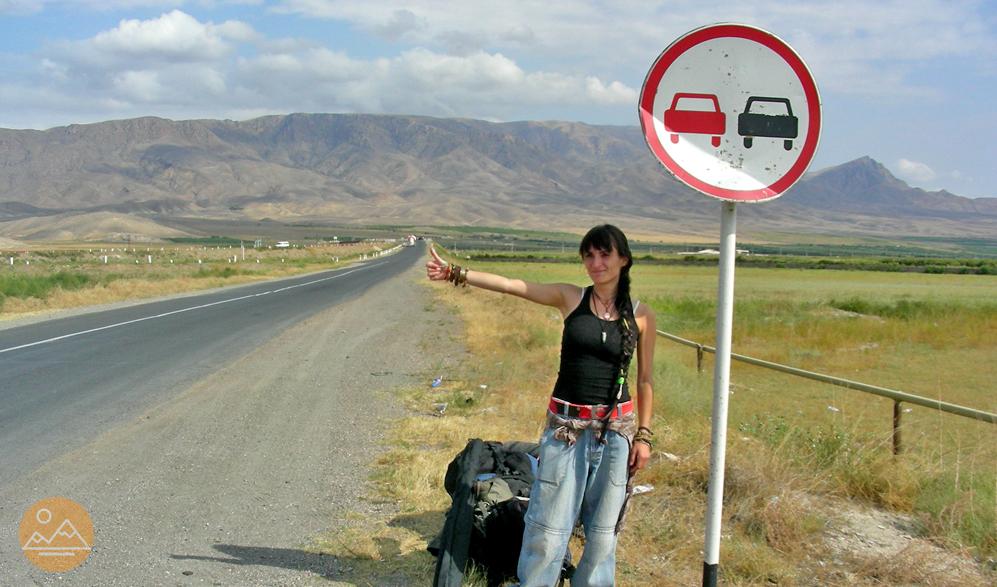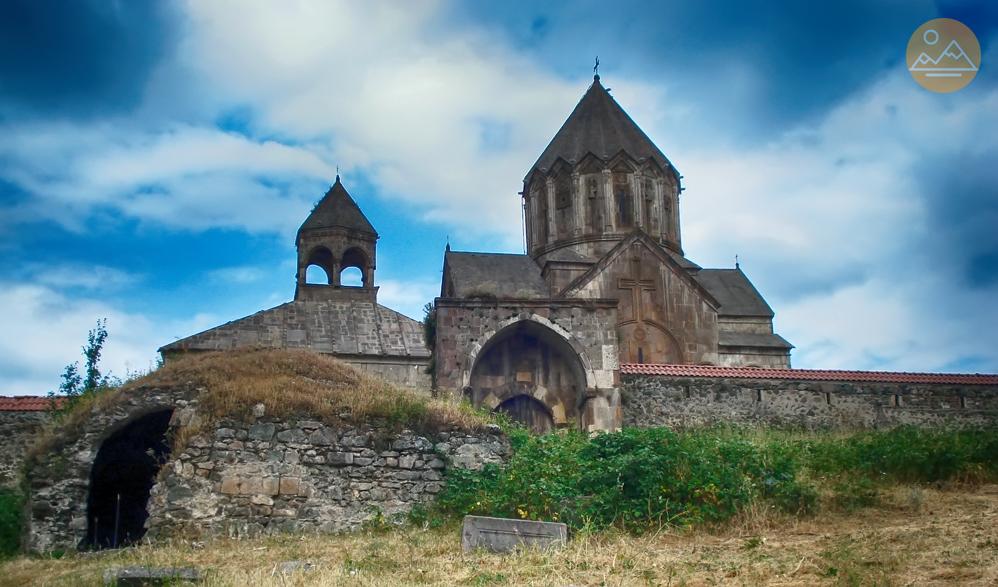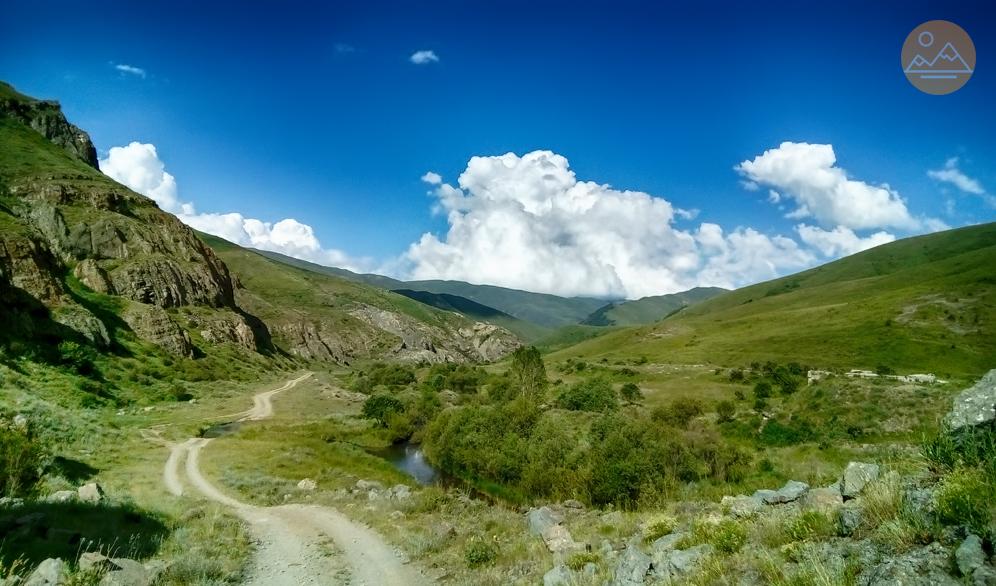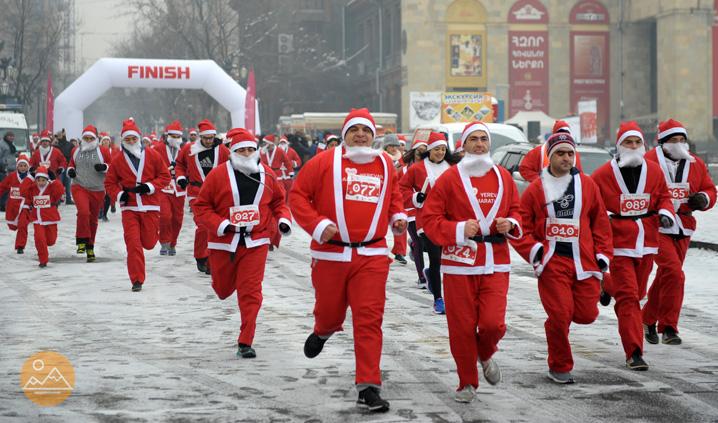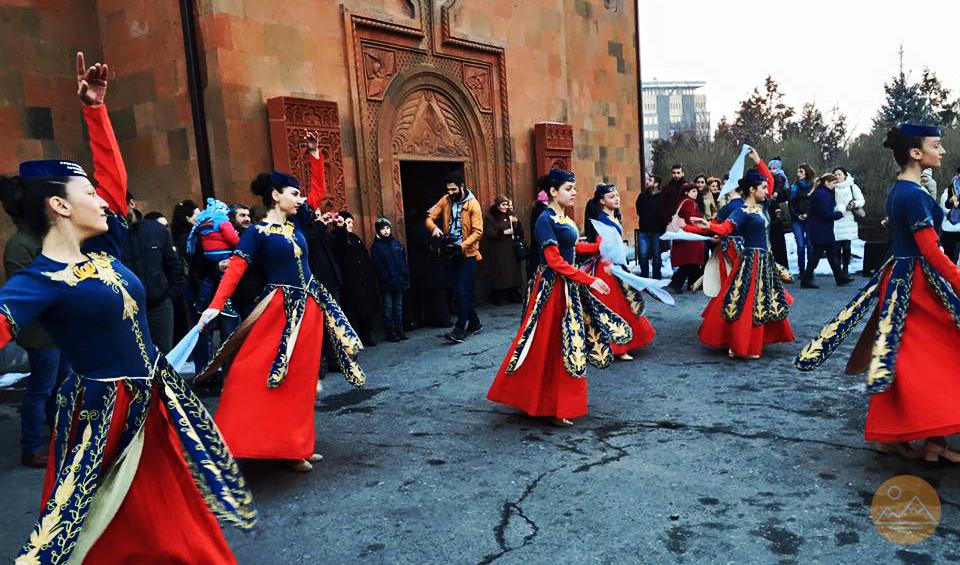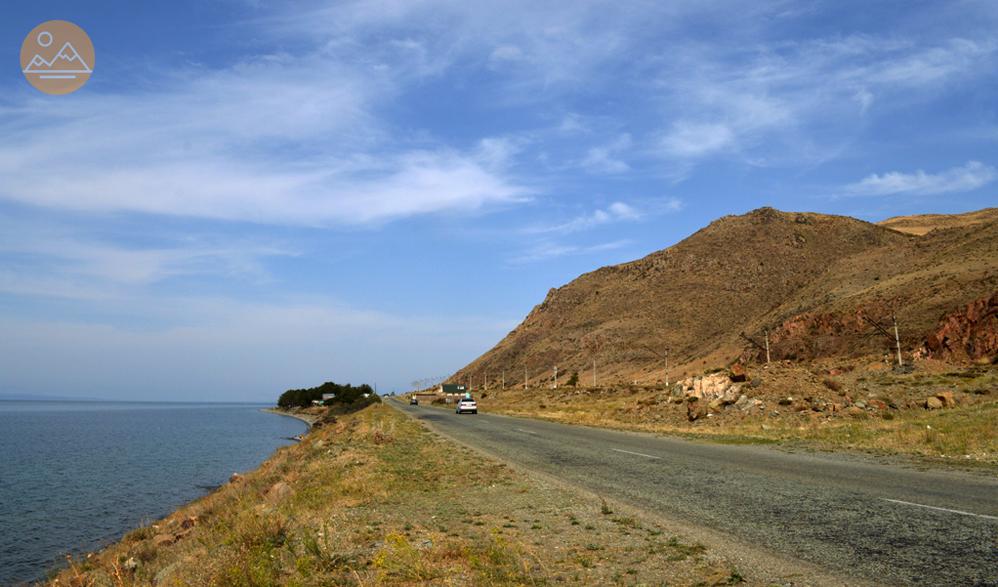-
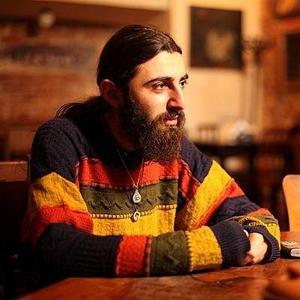 Arty Om
Arty Om
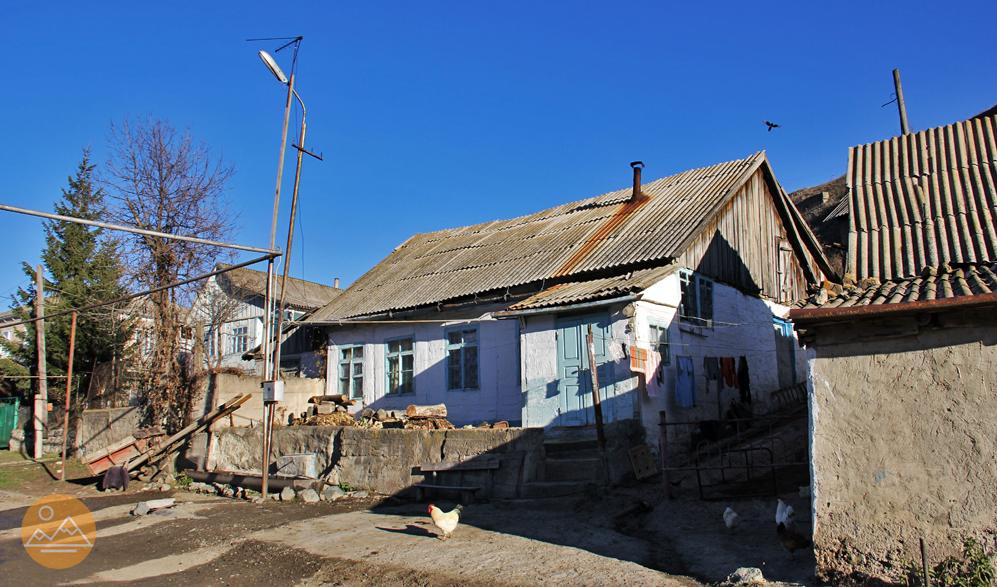
The Russian Molokan village of Fioletovo in Armenia / Photo: Arty Om
A Night with Russian Molokans in Armenia
Views - 5160
The main street in the village of Fioletovo is empty when we arrive there in search of a shelter for the night, slowly walking down the muddy path that leads from the road to the village. Houses are located on both sides of the street, in front of the gates to each household a cabbage is placed on top of an electricity meter box. Russian Molokans, who make the overwhelming majority of the village’s population, are well-known in Armenia for their cabbage pickles. We walk along the street, and the village looks abandoned and dead. But as it gets dark, women and men dressed in skirts and suits come out of their houses and walk to the evening religious service. As they pass by, they cast a curious glance at us. When I greet them in Russian, they reply politely and smile.
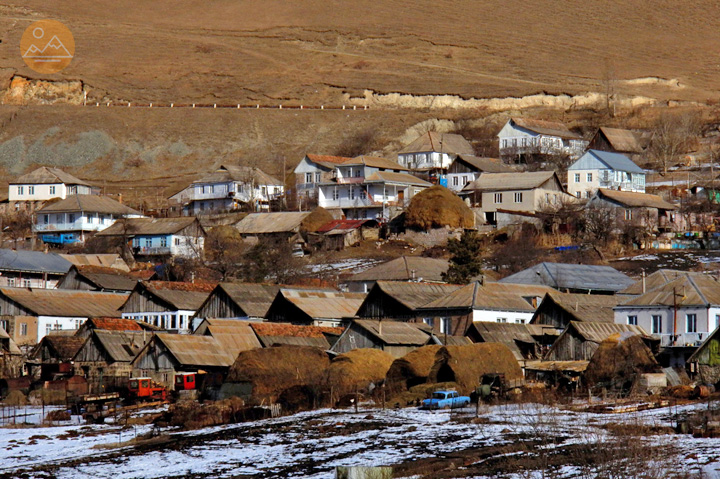
The Molokan village of Fioletovo, Armenia / Photo: Narek Aleksanyan
The village of Fioletovo in the Lori province of Armenia was founded in 1842 by Russian Molokan exiles from the Tambov Governorate of Russian Empire. Molokans are members of a spiritual Christian sect. In the 19th century, Molokans were exiled from Russia and settled down in Ukraine, Siberia, Armenia, Georgia, Azerbaijan and central Asia. Molokans do not accept icons, church hierarchy, clergy, do not worship the cross, don’t eat pork, don’t drink alcohol and do not smoke, considering it a sin.
Walking along the main street of Fioletovo, we ask people about a place to spend the night. One man invites us over to his house. He describes the location, and while I try to memorize all the details and translate it from Russian to English for Emée, my travel companion from France, my thoughts transform into chaos. The man walks away, and here we are left with confusion. It gets colder, and we continue walking forward. Some people suggest us to sleep on the roof of the village’s cultural center. An Armenian lady in the local shop, where we buy bread and biscuits for our dinner, suggests us to visit an old grandpa who, she says, lives alone in a big house and he may be able to host us. We decide to give it a try, but first, we want to get some cheese.
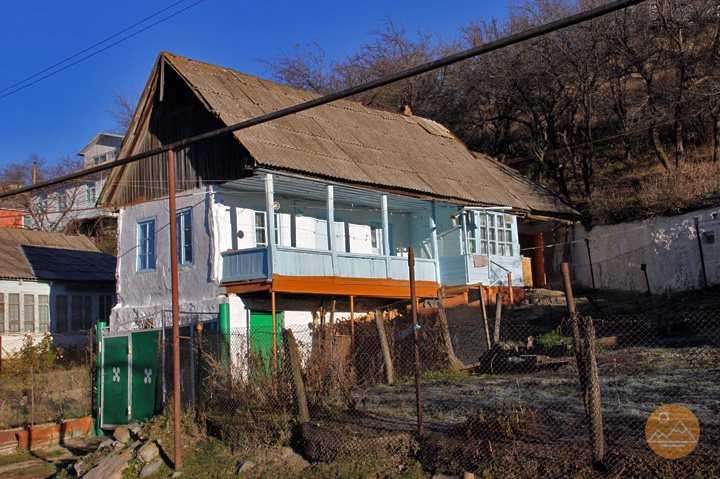
Typical house in the village of Fioletovo, Armenia / Photo: Arty Om
About a hundred meters after the shop I stop a young man named Sasha to ask where we can buy cheese. He rides a motorcycle, and his two daughters sit in the side-car. “Are you pilgrims?” he asks, and I tell him who we are and what are we doing – hitchhiking along the Silk Road of Armenia. “So, you are wanderers,” he says, then turns to the older of his two little girls. “Take these strangers home and tell your mother to give them some cheese.” We thank Sasha and follow his daughter who guides us to their home without saying a single word.
Soon we find ourselves sitting around the table in their kitchen, drinking tea and talking to Sasha’s wife, Tania. Suddenly Sasha appears in the kitchen. “Give them tea to drink, then offer them a dinner, and don’t forget to give them some cheese… Oh, and don’t take any money from them. They are pilgrims,” he says to his wife and leaves the kitchen. We talk to Tania, she smiles as she speaks, but as soon as Sasha returns she becomes silent, only occasionally sharing her opinion. Sasha does the talking, while Tania prepares the table for the dinner – potato soup, cheese, bread and honey, jam, pickled mushrooms, carrots.

Early morning in Fioletovo, Armenia / Photo: Arty Om
Word after word me and Sasha find ourselves engaged in a philosophical conversation. Man is an evil creation, says Sasha, who believes that since intrinsically man is bad, his only intention should be doing good. “One should only do good things – with love, kindness and compassion. I found this Truth, and this is how I try to live,” says our host. He asks if I belong to any religion. I give him a somewhat messed up answer, but he looks satisfied. He then tells stories of his wanders in Russia, particularly in Siberia, where he was freezing in the night, and random people offered him a place to sleep. His Siberian wanders somewhat remind me of my own hitchhiking trip to the Lake Baikal in January 2009. “So many people helped me whenever I was in need, and when I saw you walking on the street, strangers, as I myself was in Russia, I couldn’t just let you walk away like that. So, now I ask you, please, do not leave my house and stay with us tonight. If I can pay back at least 1% of the kindness that people showed to me, I will be very happy,” says Sasha. We are happy, too, to have a shelter for the cold night.
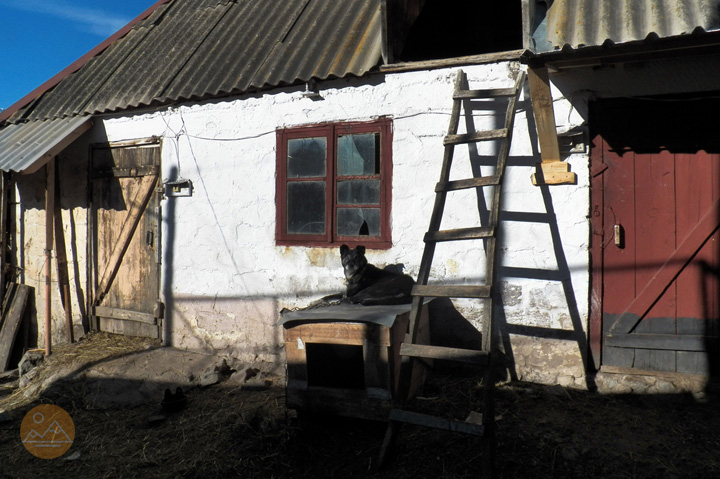
Morning in the village of Fioletovo / Photo: Narek Aleksanyan
Sasha shows us many photographs from their family albums, and I realize that the family led a very different life in the past and only recently did they return to their roots and traditions. When I ask if it is OK to take a few photos of them, Sasha refuses. “Is it really necessary to take photographs? The moment is already in your heart… No, no photographs. You can share today’s experience just with your heart and your words,” says Sasha. We talk till late night, sipping tea and tasting various homemade jams. His wife arranges a couch in their room for Emée, and I sleep on another couch in the kitchen. The night is warm and peaceful.
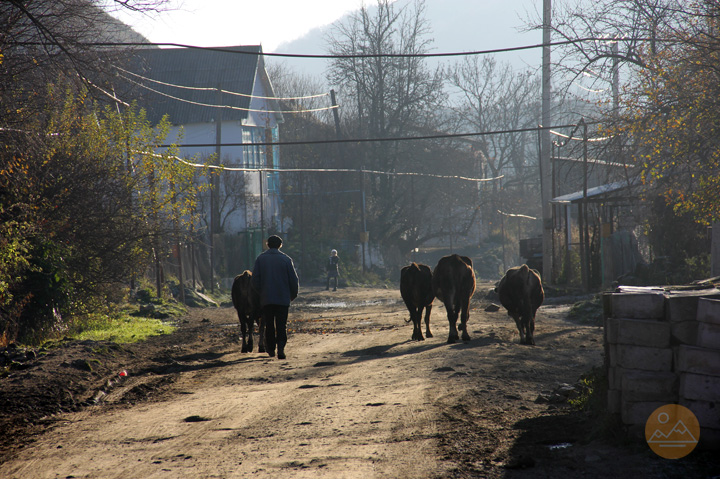
Molokan villagers and his cattle / Photo: Arty Om
Sasha appears in the kitchen exactly at 8 o’clock in the morning. He puts the teapot on fire. “We will have breakfast together, then you are free to go wherever you wish,” he says and walks out. Emée comes down to the kitchen not long after. She says she was cold during the night. The breakfast is rich – soup, honey, jams, cheese, bread. Before we leave, Tania gives us a big piece of cheese for the road. We thank them warmly and leave the house. The morning is rather cold. The snow on the nearby mountains shines in the sun. We walk our way out of the Russian village, silently observing one of the villagers who takes his cows to the fields.
